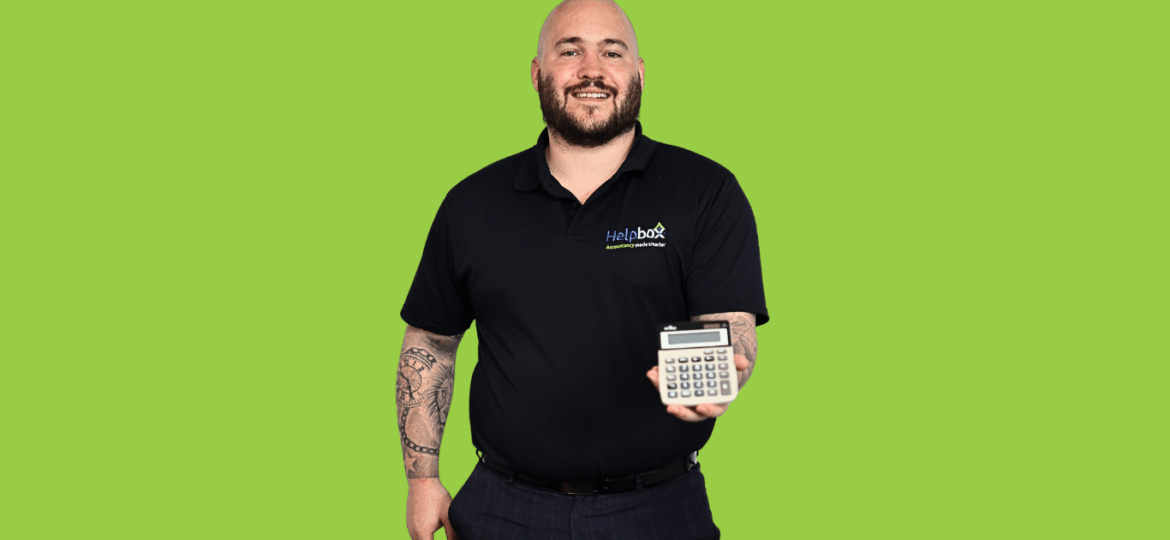
Capital Gains Tax 2025/26: What Every UK Business Owner Needs to Know
Capital Gains Tax 2025/26: What Every UK Business Owner Needs to Know
Confused about Capital Gains Tax (CGT)? You’re not alone. Whether you’re selling shares, cashing out crypto, or parting with a second property, the 2025/26 rules can trip up even seasoned business owners. This no-nonsense guide breaks down the rules in plain English—what’s taxable, what’s not, and how to keep more of your gains.
What is Capital Gains Tax and When Does It Apply?
Capital Gains Tax (CGT) kicks in when you sell (or “dispose of”) an asset for more than you paid for it. Common triggers include:
- Selling listed shares (outside an ISA)
- Disposing of a second property or buy-to-let
- Trading or converting crypto
- Selling valuable personal items like artwork or antiques
- Exiting a business or selling business assets
In 2025/26, every individual gets a £3,000 Annual Exempt Amount (AEA)—that’s tax-free. Any gain above that is taxable, and the rate depends on your income and the type of asset.
Know Your CGT Rates
| Asset Type | Basic Rate Taxpayer | Higher Rate Taxpayer |
| Listed Shares | 18% | 24% |
| Residential Property | 18% | 24% |
| Business Assets (BADR) | 14% | 14% |
| Crypto/Collectibles | 18% | 24% |
These apply after your personal allowance and AEA. For residential property sales, a real-time CGT return must still be filed within 60 days of completion.
The Business Asset Disposal Relief (BADR) rate increases to 18% in April 2026. So this year presents a last-chance opportunity to sell at 14%.
CGT on Listed Shares
Selling shares? Unless they’re in an ISA or pension, you’ll need to consider CGT. Here’s how it works:
- Deductible Costs: Purchase price, broker fees, stamp duty (0.5%), and sales-related costs.
- Non-Deductible: Stock tips, platform subscriptions, unrelated financial advice.
- Share Matching Rules: HMRC requires use of the Section 104 pool, plus same-day and 30-day rules for frequent trades.
Employment shares are taxed under PAYE when granted, and CGT applies when sold, using the PAYE value as the base cost.
Property Sales in 2025/26
CGT applies to second homes and buy-to-lets. You don’t usually pay CGT on your main residence—but check if the home had mixed use or letting periods.
Deductible Costs:
- Purchase costs: Stamp Duty, legal/survey fees
- Sales costs: Estate agent, conveyancing
- Capital improvements: e.g. extensions, new kitchens
Not Deductible:
- Routine maintenance or repairs
- Mortgage interest
And don’t forget the admin: residential property gains must be reported via HMRC’s Real-Time CGT return within 60 days of completion.
Crypto, Collectibles & Niche Assets
Crypto isn’t exempt just because there’s no cash involved. CGT applies even on coin swaps (e.g. ETH to BTC).
- Use pooling rules like shares.
- Deduct exchange fees and platform costs.
- HMRC has access to exchange data—so always declare gains.
Collectibles like artwork, gold and watches may also attract CGT if sold for a profit. Cars are usually exempt (as “wasting assets”) unless sold as part of a business.
Business Sales and the BADR Window
If you’re selling a business or shares in a trading company you helped run, Business Asset Disposal Relief (BADR) could cut your CGT bill.
BADR Criteria:
- You’ve owned the business/shares for 2+ years
- You’re an employee or officer of the company
- It’s a trading business (not just investment holding)
2025/26 Advantage:
- 14% CGT rate applies for this tax year
- Rises to 18% from April 2026—so plan now to lock in savings
With allowances shrinking and rates shifting, the CGT landscape in 2025/26 is full of hidden traps—and golden opportunities.
Whether you’re planning a sale, filing a return, or unsure if CGT applies to your crypto, don’t guess.